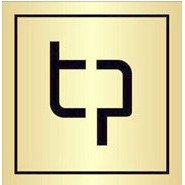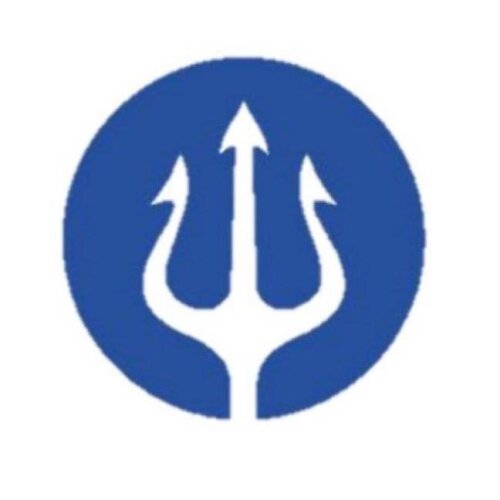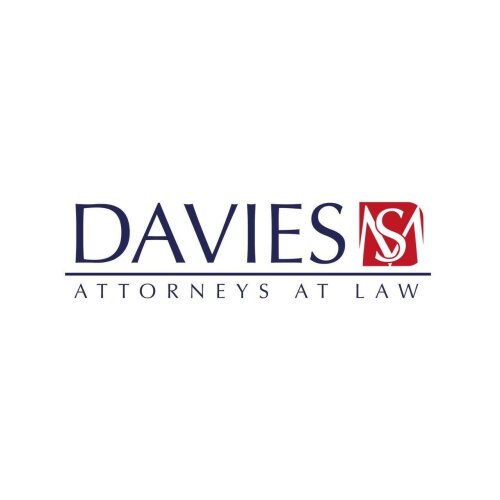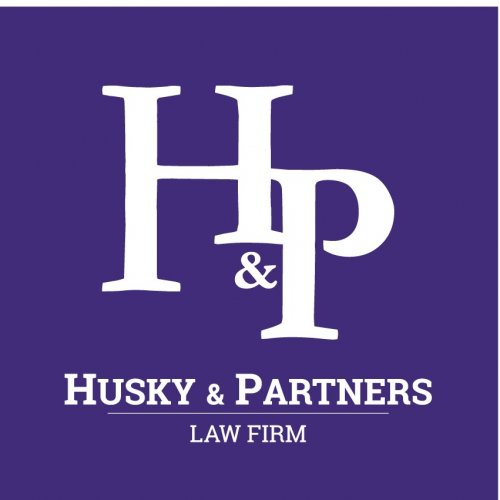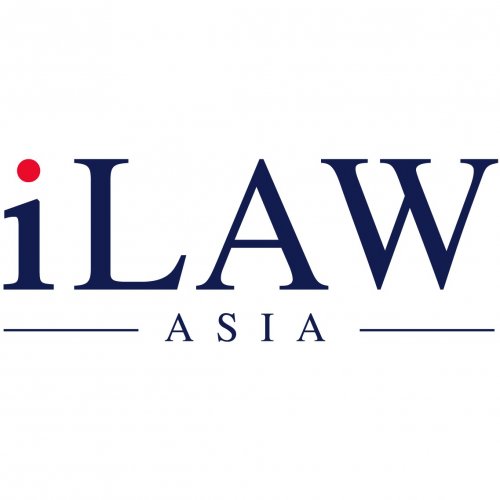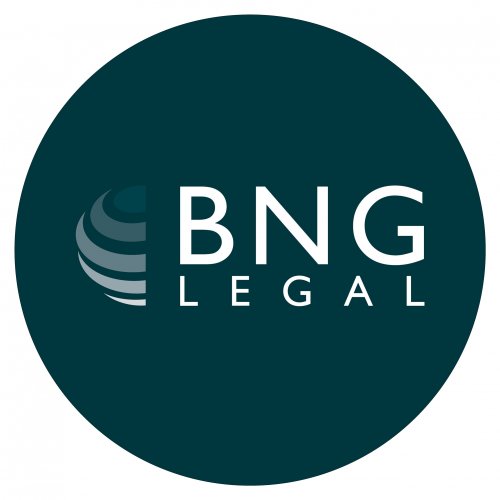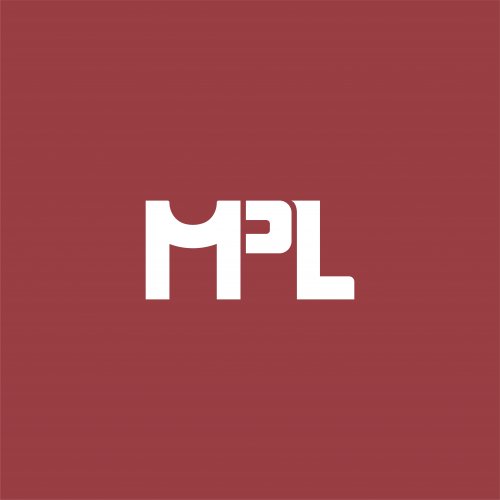Best FDA Law Lawyers in Phnom Penh
Share your needs with us, get contacted by law firms.
Free. Takes 2 min.
List of the best lawyers in Phnom Penh, Cambodia
About FDA Law in Phnom Penh, Cambodia
FDA Law in Phnom Penh relates mostly to regulations surrounding food safety, pharmaceuticals, cosmetics, and medical devices. Oversight is managed by the Department of Drug and Food within Cambodia's Ministry of Health, commonly referred to as the Cambodian FDA. The laws and regulations are designed to ensure that products consumed or used by the public meet standards for safety, quality, and efficacy. Compliance with these laws is vital for both local businesses and international companies who import products into Cambodia.
Why You May Need a Lawyer
Seeking the assistance of a lawyer experienced in FDA Law can be critical in several situations involving food, drugs, or medical device regulations in Phnom Penh. Common circumstances include:
- Registering new pharmaceuticals, food products, or medical devices for import or local sale
- Responding to product recalls, safety alerts, or compliance investigations
- Understanding and fulfilling packaging, labeling, and advertising requirements for food and drug products
- Navigating import and export regulations, particularly obtaining the right licenses and permits
- Negotiating contracts or disputes with suppliers, distributors, or regulatory authorities
- Dealing with allegations of counterfeiting or illegal distribution
- Resolving intellectual property issues related to trademarks or patents on FDA regulated products
- Complying with new government directives and changes in FDA-related laws
Local Laws Overview
The Cambodian FDA has issued a variety of regulations covering the registration, import, distribution, and sale of food, drugs, cosmetics, and medical devices. Key aspects include:
- All pharmaceuticals, medical devices, and certain foods require registration and approval before being marketed in Cambodia
- Products must meet Cambodia’s safety and quality benchmarks and may require certification or testing by recognized laboratories
- Labeling requirements are strict, particularly for ingredients, country of origin, expiration dates, and instructions for use. Information must be in the Khmer language
- Importers and distributors must have valid business licenses, and often need specific permits for certain product categories
- There are strong prohibitions against counterfeit, expired, or unregistered products with severe penalties for violations
- Advertising and promotional activities for drugs and some food products are closely regulated
- Medical products must comply with Good Manufacturing Practices (GMP) as recognized by the Cambodian authorities
Frequently Asked Questions
What is the role of the Cambodian FDA?
The Cambodian FDA is responsible for regulating and supervising the safety, quality, and efficacy of food, drugs, medical devices, and cosmetics. It issues approvals, conducts inspections, and enforces compliance with local regulations.
Do I need to register all foods and drugs with the Cambodian FDA?
Most pharmaceuticals, medical devices, and specific categories of food products must be registered with the FDA before being imported, distributed, or sold in Cambodia.
What are the penalties for non-compliance with FDA Law in Cambodia?
Non-compliance can result in fines, product seizures, business license revocation, and even criminal prosecution depending on the severity of the offense.
How long does product registration usually take?
Registration times vary depending on the product and documentation provided. It can range from a few weeks to several months. Incomplete applications or missing information can cause significant delays.
Can foreign companies directly register products with the Cambodian FDA?
Foreign companies usually must appoint a local representative or distributor in Cambodia to complete the registration process and act as the liaison with regulatory authorities.
What are the labeling requirements for FDA regulated products?
Labels must be clear, accurate, and in Khmer language. They should display the product name, active ingredients, manufacturer information, expiration date, lot number, and instructions for use where applicable.
Is it necessary to test products locally before FDA approval?
Some products, particularly new drugs or certain categories of food products, may require safety or quality testing at recognized local or international laboratories before approval.
Are there specific rules for advertising pharmaceuticals or food products?
Yes, the advertising of pharmaceuticals is strictly regulated and requires pre-approval from the Ministry of Health. Claims must not be false or misleading, and certain restrictions apply for food supplements and baby formula.
How can I report a suspected unsafe or fake product?
Reports should be made to the Department of Drug and Food at the Ministry of Health. They have designated contact points for handling consumer complaints and safety concerns.
Do medical device manufacturers need special certifications?
Medical devices must be registered and sometimes require proof of compliance with international standards, such as ISO or GMP, depending on the device classification.
Additional Resources
Several organizations and governmental bodies can provide further assistance and information on FDA Law in Phnom Penh:
- Ministry of Health - Department of Drug and Food (Cambodian FDA)
- Cambodia Import-Export Inspection and Fraud Repression Directorate-General (CamControl)
- Cambodia Chamber of Commerce
- Ministry of Commerce
- Cambodian Pharmaceutical Association
- Qualified local law firms specializing in regulatory compliance
Next Steps
If you believe you need legal advice or representation in matters related to FDA Law in Phnom Penh, consider the following steps:
- Clearly define and document your issue or question for efficient consultation
- Consult with a local lawyer experienced in FDA Law and product registration requirements
- Prepare relevant documents such as business licenses, product information, and any correspondence with authorities
- Stay informed on regulatory updates from the Ministry of Health and related agencies
- Engage with local industry or professional associations for additional practical guidance
- If facing regulatory action, seek immediate legal advice to understand your rights and obligations
Navigating FDA regulations can be complex, but with the right professional support, you can safeguard your business and ensure compliance with Cambodian law.
Lawzana helps you find the best lawyers and law firms in Phnom Penh through a curated and pre-screened list of qualified legal professionals. Our platform offers rankings and detailed profiles of attorneys and law firms, allowing you to compare based on practice areas, including FDA Law, experience, and client feedback.
Each profile includes a description of the firm's areas of practice, client reviews, team members and partners, year of establishment, spoken languages, office locations, contact information, social media presence, and any published articles or resources. Most firms on our platform speak English and are experienced in both local and international legal matters.
Get a quote from top-rated law firms in Phnom Penh, Cambodia — quickly, securely, and without unnecessary hassle.
Disclaimer:
The information provided on this page is for general informational purposes only and does not constitute legal advice. While we strive to ensure the accuracy and relevance of the content, legal information may change over time, and interpretations of the law can vary. You should always consult with a qualified legal professional for advice specific to your situation.
We disclaim all liability for actions taken or not taken based on the content of this page. If you believe any information is incorrect or outdated, please contact us, and we will review and update it where appropriate.



